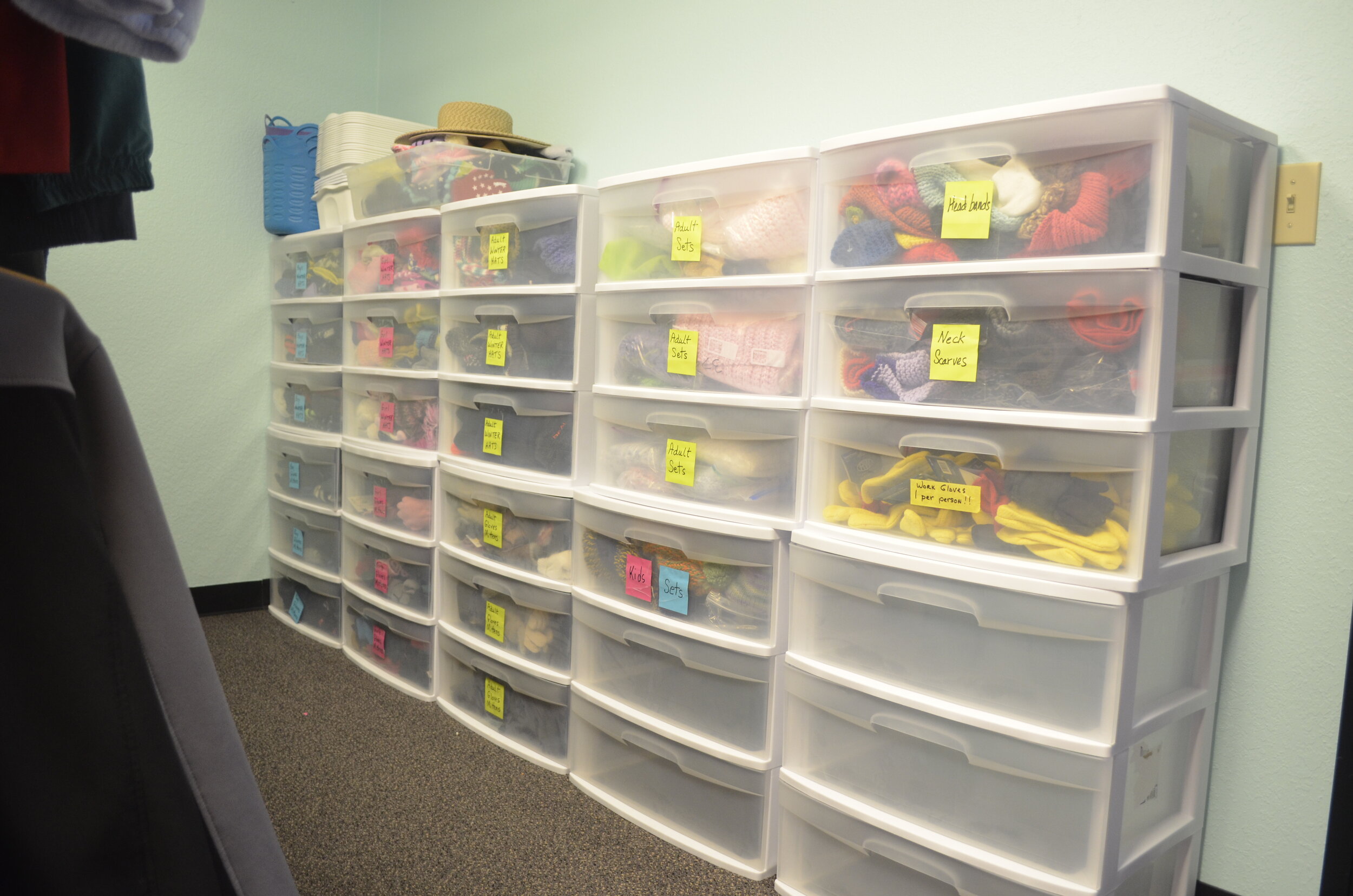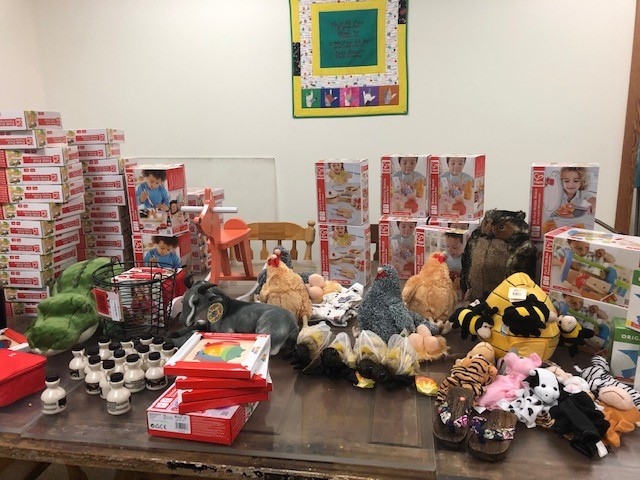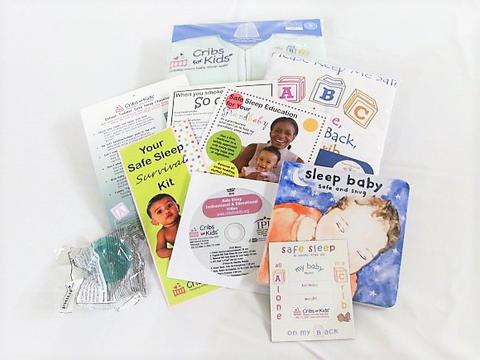New Signs to Bring Business to Shepherd
The quaint Village of Shepherd has a variety of unique businesses nestled within their community. While some businesses may be small, they still have a lot to offer. To bring some much deserved attention to the community and the businesses housed there, the Shepherd Chamber of Commerce recommended that more signage be installed, to bring awareness to the businesses within the Village.
A grant from the Shepherd Community Fund Honoring Robert H. Bates made the installation of these new signs possible. This funding allowed for two signs to be created. Each one highlights the various businesses that call Shepherd home. Fourteen businesses are currently displayed on the first sign. Help from DTE Energy funded the installation of the sign off of the northbound exit. The high visibility of one of the signs from the highway will attract visitors to swing through the Village of Shepherd, and see what they have to offer. These signs will last for years to come.
Dean and Jamie Mitchell of Mitchell’s deli are particularly excited about the new sign. They hope to see increased traffic and sales from the new signs, expecting highway visitors to travel up the road to see what Shepherd has in store. The attention from the newly installed signs will bring more hustle and bustle into the Village.
Read More





















